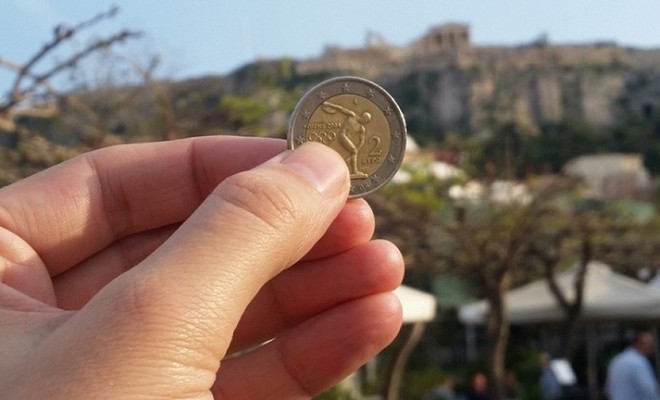
What the Experiences of Greece and Venezuela Teach Us about Minimum Wage Laws
Just because minimum wage laws are popular does not mean they are sound policy
States across America are increasing the minimum wage. This is bad policy for numerous reasons, but the movement nonetheless appears to be gaining steam.
Eighteen states began 2019 with new minimum wage laws. Several more passed legislation in 2019, including Maryland, where legislators overrode a veto to pass a $15 minimum wage. McDonald’s, perhaps reading the landscape, recently announced it will no longer lobby against mandated increases in workers’ pay.
The reasons for this aren’t hard to divine. Minimum wage increases are lousy policy—violating the rights of employers and workers while denying the most vulnerable in society the dignity of work—but they are great politics.
Why? Because minimum wage laws are popular. Polls show more than halfof Americans support raising the federal minimum wage to $15 an hour. Popularity, however, is a poor metric for sound policy. Roughly the same percentage of Americans, for example, say torture is permissible.
What’s the Big Deal?
It’s easy to think minimum wage hikes are not a big deal, partly because we’ve had them for so long. The first federal minimum wage, which mandated $0.25 per hour, was enacted in 1938. It’s safe to say that no one today can remember working at a time when a minimum wage didn’t exist. The sky has yet to fall these last 80 years, minimum wage supporters can point out.
Περισσότερα εδώ:
What the Experiences of Greece and Venezuela Teach Us about Minimum Wage Laws
Πηγή: fee.org




